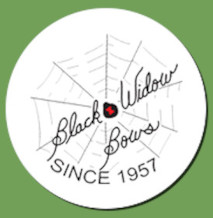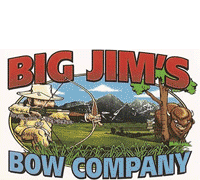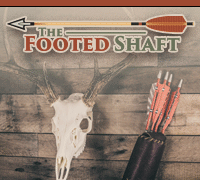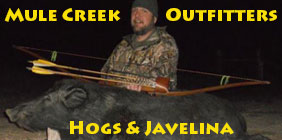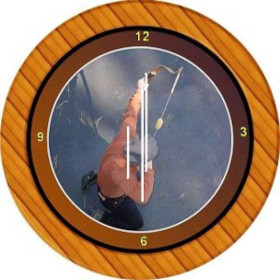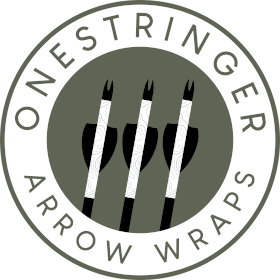Lastly, here's one concerning this winter...
http://www.wvgazette.com/Outdoors/201002100727?page=1&build=cache February 13, 2010
Please don't feed the deer
Just days after 20 inches of snow blanketed the ridge, a second storm arrived. We could have another 8 inches by morning.
Such conditions bring out the softie in many of us. We make sure the bird feeders are filled even before we shovel out the driveway.
But what about feeding the deer? They need a little help too, don't they?
NO, no, no! Do not feed the deer.
So says Jerry Feaser of the Pennsylvania Game Commission; Jim Crum, deer biologist for the West Virginia Division of Natural Resources; and Dr. Anne Ballmann, veterinarian and wildlife disease specialist for the National Wildlife Health Center. In New York, it's actually "illegal to feed deer by putting out any material that attracts deer to feed."
It's unanimous among wildlife professionals. Feeding deer is a bad idea. In New York, it's criminal.
Corn is what most wildlife lovers offer deer, and even if it's labeled "deer corn," feeding corn to deer is about the worst thing you can do. Unless you're trying to kill the deer.
Feaser points to a PGC brochure titled "Please Don't Feed the Deer," available at
www.pgc.state.pa.us. (Click on the white-tailed deer icon, then "Living with Whitetails.")
"By late fall, deer instinctively reduce their food intake and continue to do so through most of the winter," Feaser says. "During that time deer rely heavily on fat reserves and their ability to conserve energy."
In fact, a 1984 Pennsylvania study found that deer could survive a least a month with no food at all. During winter, deer lose 20 percent or more of their body weight by burning fat reserves. They are well adapted to survive the many stresses that winter presents.
Crum understands that people mean well, but "I see too many deer on my necropsy table with bellies full of corn."
The problem is that deer digestion is a finely tuned physiological process -- just the right combination of microorganisms, enzymes, and pH enable deer to digest a normal winter diet of woody vegetation. When offered a sudden supply of corn, a deer's digestive system doesn't have time to adjust to a high carbohydrate diet. The result can be acute acidosis followed by death within 72 hours.
At the time of death these deer can appear normal and well fed. It's just that they cannot digest the corn. Within six hours, corn alters the environment in the rumen. It turns the rumen acidic and destroys the microbes needed for normal digestion.
Not all deer die immediately from acidosis. Its effects vary with the age and health of the individual. Some may simply slow down, get clumsy, and become easy prey to speeding traffic and hungry coyotes.
It takes deer two to four weeks of feeding on a new food source to establish populations of microbes necessary to digest the new food. It can't happen in just a few days during a snowstorm. And healthy individuals that might survive in the short term often succumb to complications weeks later.
Furthermore, Dr. Ballmann cautions that supplemental feeding "concentrates deer in small areas where a variety of infectious diseases can be spread." And in traveling to and from a supplemental source of food, deer, especially the young and the old, expend energy they can't afford to lose.
Feeding deer is never a good idea. I know this runs counter to what many people think, especially those who feed deer. But just because deer don't die in your back yard doesn't mean they aren't dying elsewhere in the woods or on the highway. The worst thing you can do for deer is feed them. Some will starve, and some will fall prey to coyotes, but that's how healthy populations stay healthy.
If you really want to help the local deer population, concentrate on habitat improvement. Plant mast-bearing trees and shrubs. Plant a stand of conifers to provide winter cover from wind and snow. And create forest openings to stimulate the growth of the woody browse that sustains deer herds all winter long.





